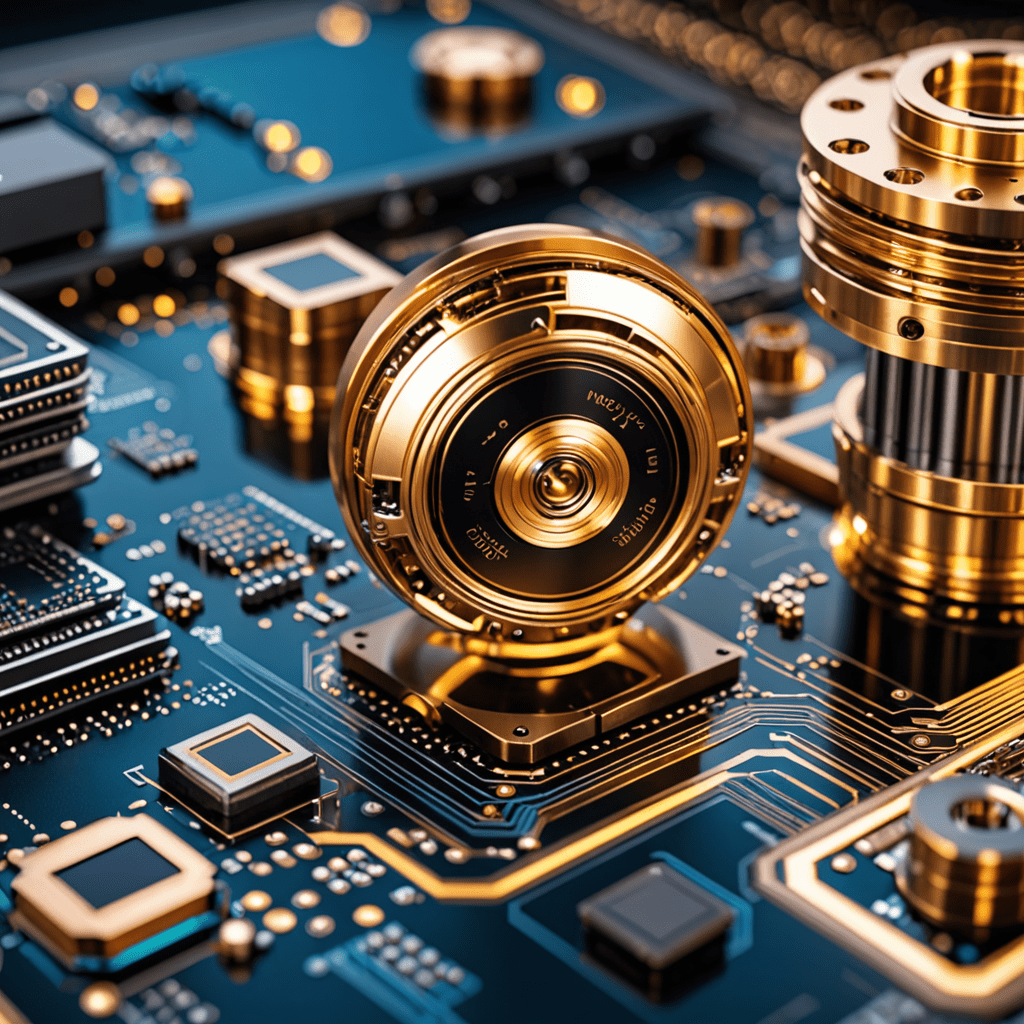The Impact of Nanotechnology on Advanced Materials
Nanotechnology is revolutionizing various industries by enabling the development of advanced materials with unique properties.
Enhanced Mechanical Properties
Nanotechnology allows for the manipulation of materials at the nanoscale, resulting in enhanced mechanical strength, durability, and flexibility.
Improved Conductivity
By incorporating nanomaterials, industries can create materials with superior electrical and thermal conductivity, paving the way for more efficient electronic devices.
Enhanced Chemical Resistance
Nanotechnology enables the creation of materials with enhanced chemical resistance, making them ideal for applications in harsh environments.
Lightweight and Strong Composites
Nanocomposites offer a combination of lightweight and high strength, making them valuable in industries such as aerospace and automotive for fuel efficiency and structural integrity.
Improved Energy Storage
Nanotechnology has led to the development of advanced materials for energy storage devices, such as batteries and capacitors, with higher energy densities and faster charging capabilities.
Environmental Benefits
The use of nanotechnology in materials production can lead to resource efficiency, reduced waste, and cleaner manufacturing processes, contributing to sustainability efforts across industries.
Conclusion
Nanotechnology in advanced materials is reshaping industries by offering innovative solutions that improve performance, sustainability, and efficiency. Embracing the potential of nanotechnology can lead to transformative outcomes across various sectors.
FAQs about Nanotechnology in Advanced Materials
What is nanotechnology in advanced materials?
Nanotechnology in advanced materials refers to the manipulation of materials at the nanoscale level to enhance their properties. This field leverages the unique characteristics of nanoparticles to create materials with improved strength, conductivity, and other desirable traits.
How does nanotechnology impact industries?
Nanotechnology has revolutionized industries by enabling the development of innovative products and processes. It has led to advancements in electronics, healthcare, energy, and more, paving the way for smaller, faster, and more efficient technologies.
What are some examples of nanotechnology applications in advanced materials?
Examples include nano-enhanced coatings for scratch-resistant surfaces, nanocomposites for lightweight yet durable materials, and nanoparticles for targeted drug delivery systems. These applications demonstrate the diverse and transformative nature of nanotechnology in advanced materials.



